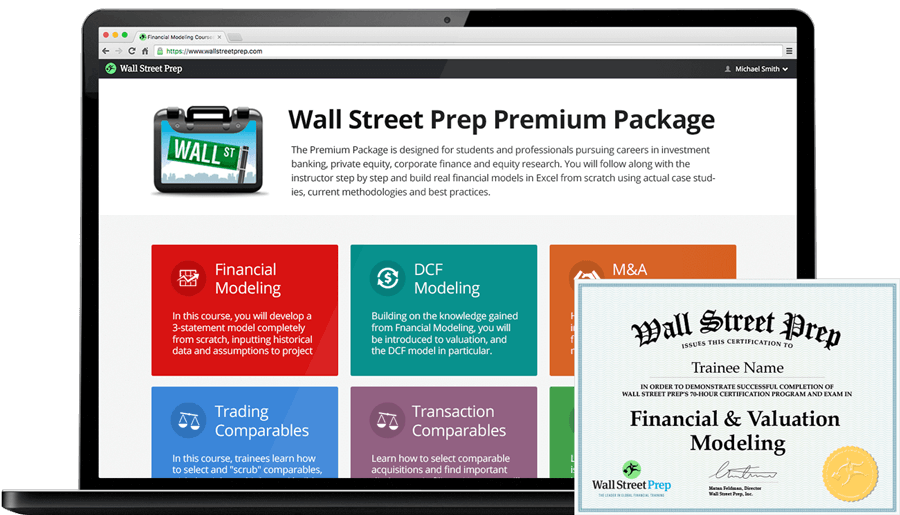What are Golden Handcuffs?
Golden Handcuffs refer to the deferred incentives offered to employees in an effort to encourage them to remain a part of the company over the long run.

What is the Meaning of Golden Handcuffs in Business?
The term “golden handcuffs” is in reference to the incentives designed by a company to improve its retention of employees.
Employment contracts are usually structured with a multi-year incentive plan to improve the likelihood that the employees will continue to work for the company over the long-term.
Golden handcuffs therefore aim to effectively align the interests of the employer and its employees, while improving morale and desire to exceed expectations on the job.
Most of the incentives meant to increase employee retention (and reduce employee attrition) tend to be monetary in nature.
From the perspective of the employee, the decision to leave their current role is weighed down by the fact that the benefits outlined in their employment agreement would be forfeited.
The long-term retention of top-performing employees and continuously training them is the goal of most companies, where talent is identified early on and those employees are developed over time until receiving promotions internally.
Generally, internal promotions tend to pan out better and be more cost-efficient than needing to recruit and hire employees for senior positions from external sources.
What are Examples of Golden Handcuffs?
The most common examples of golden handcuffs are as follows.
- Performance-Based Bonus (Year-End)
- Employee Stock Options
- Restricted Stock Unit (RSU)
- Warrants
- Stock Based Compensation (SBC)
- Paid Time Off (PTO) and Vacation Days
- Flexible Work Schedule (e.g. Work-from-Home vs. In-Office)
- Stipends and Workplace Food
- Graduate School Tuition (e.g. MBA)
- Pension Plan (i.e. Retirement)
The benefits above are not received all at once. Instead, the benefits either:
- Incrementally increase with the passage of time (or)
- Cannot be reaped until a set number of years of employment have passed
For instance, the performance-based bonus is paid on an annual basis and employee stock options cannot be exercised until the vesting period has passed.
Golden Handcuffs in Tech Sector: Industry Example
In particular, golden handcuffs have become a common method utilized among the top technology companies, such as Amazon, Meta (Facebook), and Google, where the competition for recruiting the most exceptional employees can be very cut-throat.
The leading tech companies must not only compete among each other, but also with high growth, venture-backed startups that actively attempt to poach their most talented employees.
Considering the talent level of the employee, the time, and resources invested into training the employee, as well as the experience gained on the job, it would be a substantial loss for a company to lose a key employee (and a significant gain for a competitor or early-stage startup).
Such measures as golden handcuffs are necessary in competitive industries to discourage employees from constantly moving from company to company.
The drawback to golden handcuffs is that certain employees can feel “trapped” in their current job because their primary motive for remaining with the company is to obtain the future benefits as opposed to truly enjoying working for the given company and its mission.

Everything You Need To Master Financial Modeling
Enroll in The Premium Package: Learn Financial Statement Modeling, DCF, M&A, LBO and Comps. The same training program used at top investment banks.
Enroll Today





